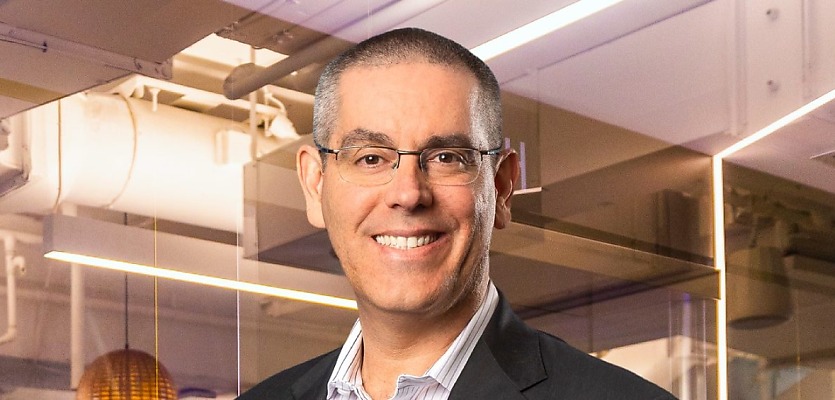The reign of the great resignation and quiet quitting has ended, according to industry research from HR technology provider ELMO Software.
The group’s quarterly ELMO Employee Sentiment Index, which surveyed over 1,000 Australian employees, revealed 81 per cent of employees across the country are worried about a potential recession, while 70 per cent professed their desire to remain in their current job.
Overall, half of Australian employees believed rising interest rates or an economic recession would impact their career plans, with 88 per cent of tech and professional service workers worried about a recession, the highest portion of any sector.
A potential recession is a primary motivator for employees to stay put, with 34 per cent citing it as a factor. Moreover, the index found 16 per cent detailed a prospective economic downturn has them searching for new employment, while one-fifth expressed no desire to leave their current post regardless of economic conditions.
Danny Lessem, co-founder and chief executive officer of ELMO Software, believes companies should shift their focus from “hiring the talent they need,” towards “better managing the talent they have.”
“This research debunks the notion of ‘quiet quitting’,” he proclaimed. “While turbulent economic times are driving employees to stay with their current employers, they are being loud and clear about what they want and need.”
Despite fewer employees being encouraged to seek a pay increase compared to last quarter, more are likely to pursue a pay rise or promotion (44 per cent), which is higher compared to the same period last year (36 per cent). Additionally, remuneration and bonus payments/incentives remain the top employee priority during the final three months of last year.
A renewed focus on their current employment situation has seen more Australians take a more active approach to managing their careers, although Mr Lessem explained that “it would be a mistake to think that, just because they are choosing safety over taking a risk, employees are adopting a passive approach to managing their careers.”
He iterated how, for HR teams and people managers, the research “emphasises the importance of regular performance and development conversations with your team members, ensuring salary benchmarking is up to date and succession plans are in place so that internal talent is not being overlooked when hiring for roles.”
On the remote working front, 22 per cent of employees expect to work from home full time this year, with 35 per cent planning on heading into the office more often this year. Just over one-third of employees plan to work from home part time this year, down from 42 per cent during the final quarter of 2021.
Generationally speaking, older employees (Gen X and Baby Boomers) are more worried about a recession, while younger employees — notably Millennials — have money pressures on their minds, with 56 per cent believing rising interest rates will impact their 2023 career plans. As such, salary was a top five priority for almost half (47 per cent) of Millennial respondents, compared to 39 per cent of Gen Z.
Mr Lessem outlined, “We’re starting to see differences emerge between Baby Boomers and older Gen X, who have experienced a recession firsthand, and younger workers who are yet to go through a downturn in their working lives.”
“Organisations should be aware of how their employees are feeling about the potential of a recession and what their individual priorities might be at this time.”
He concluded, “a one-size-fits-all approach to flexible working, salary, and development opportunities is not the answer.”









You are not authorised to post comments.
Comments will undergo moderation before they get published.